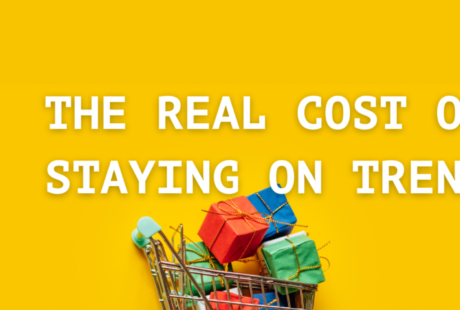Today, the Council of the European Union adopted legislation to regulate the use of single-use plastic with the objective to limit plastic marine pollution. As of 2021, single-use plastic cutlery, plates, straws, stirrers, cotton buds, balloon sticks and expanded polystyrene food containers and cups will be banned in the EU.
“The European measures adopted today represent a first step in the right direction to curb the ever-increasing plastic pollution in our oceans. However, to really close the tap, national governments must prioritise prevention measures. High targets must be set for consumption reduction and collection rates of single-use plastic products if we are to move away from a throwaway society and preserve our environment”, said Frédérique Mongodin, Senior Policy Officer for Marine Litter at Seas At Risk.
The European legislation on single-use plastic adopted today is potentially ambitious since it addresses the topic with a comprehensive set of measures. However, it also contains some gaps, such as its failure to set EU wide targets to reduce consumption and maximise waste collection for food containers, beverage cups and fishing gear containing plastic. It thus becomes the responsibility of national governments to address major challenges by 2021. Similarly, other requirements, such as establishing extended producers’ responsibility schemes, awareness-raising programmes, product labelling and incentives to develop alternative materials, will also need to be dealt with at national level.
Some national and regional governments have already demonstrated political will to go beyond the minimum level of engagement, seeking to reduce their plastic footprint significantly and well in advance of the official deadline. In Spain, the Balearic Islands and Catalonia are a step ahead, as are Portugal and Scotland.
Data on single-use plastic consumption:
According to a 2017 study commissioned by Seas At Risk, 36.4 billion straws, 16 billion coffee cups, 46 billion beverage bottles, 580 billion cigarette butts and 2.5 billion takeaway packages are estimated to be consumed across the EU each year.
Posted on: 25 February 2019


